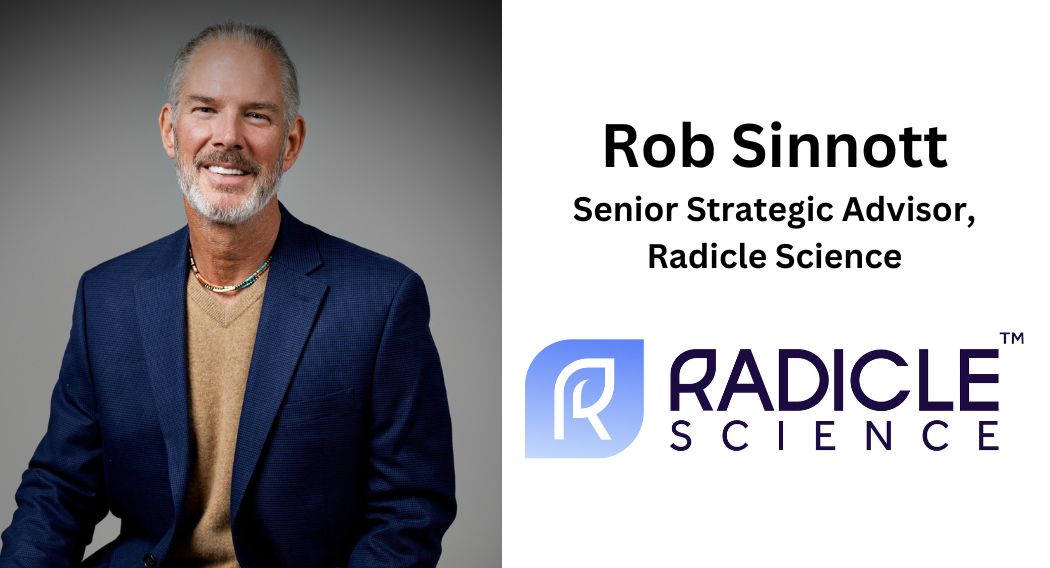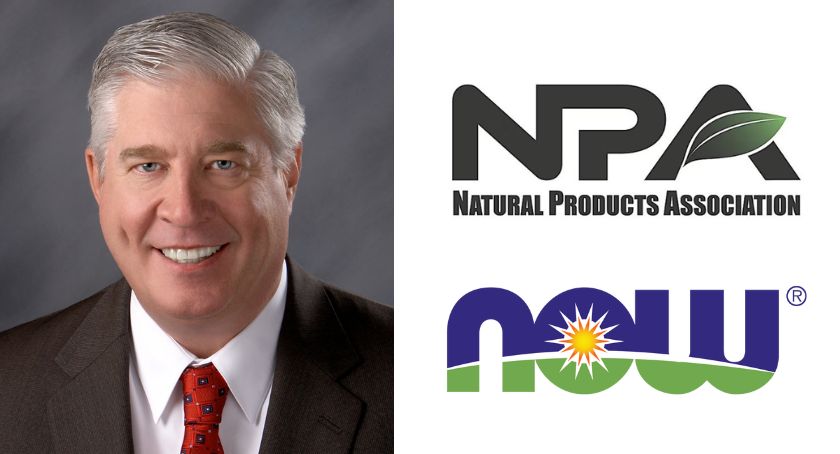Market Updates, Regulations
New York Bans Sale of ‘Muscle-Building,’ ‘Weight Loss’ Supplements to Minors
Signed into law by Governor Kathy Hochul, the bill goes into effect in 6 months.

By: Mike Montemarano

New York has become the first state to enact an age restriction bill that will ban minors from purchasing certain types of dietary supplements marketed for muscle building and weight loss. Governor Kathy Hochul signed the bill into law, which is scheduled to take effect in April 2024.
Earlier this year, Hochul vetoed a similar bill, citing concerns that such a ban would place too much of a burden on the state Department of Health, which would have had to analyze ingredients used in thousands of products. In California, Governor Gavin Newsom vetoed a similar bill, and for similar reasons, in October of last year.
Similar bills have appeared on the senate and assembly floors of several states over the past few years, primarily in response to lobbying efforts by the Strategic Training Initiative for the Prevention of Eating Distorders (STRIPED), a program launched by the Harvard T.H. Chan School of Public Health and Boston Children’s Hospital. The proposed bills thus far have all met criticism from the nutraceuticals industry, in large part due to a lack of evidence supporting bans, as well as unclear language which would fail to target harmful products. Further, it would impede access to safe, efficacious products for all consumers.
“S.5823C/A.5610D will protect children under 18 from the risks of over-the-counter diet pills and supplements for weight loss or muscle building. Dietary supplements are dangerously under-regulated,” said Senator Shelley B. Mayer and Assemblywoman Niily Rozic, lead sponsors of the bill. “Studies have found these products are laced with unapproved pharmaceutical ingredients, illicit anabolic steroids, experimental and banned stimulants, and other dangerous chemicals. And research demonstrates that use of these products may be a warning sign for the presence or risk of an eating disorder. Young people who take over-the-counter diet pills are more likely to develop an eating disorder than those who do not.”
Ban Details
The bill calls for a ban on both in-person and internet/mail order sale of dietary supplements and other “diet pills” to consumers under the age of 18 and requires age verification as a means of enforcement.
The bill only names a handful of ingredients, instead defining banned products based on how they’re marketed.
It exempts protein powders, drinks, and foods containing protein, as long as those products don’t contain other ingredients subject to the ban. Meanwhile, the bill directly names steroids, which are already illegal to sell as dietary supplements, as well as “creatine, green tea extract, raspberry ketone, garcinia cambogia,” and “green coffee bean extract.”
Products subject to the ban have to do with “whether the product’s labeling or marketing bears statements or images that express or imply that the product will help: modify, maintain, or reduce body weight, fat, appetite, overall metabolism, or the process by which nutrients are metabolized; or maintain or increase muscle or strength; whether the product or its ingredients are otherwise represented for the purpose of achieving weight loss or building muscle; or whether the retailer has categorized the dietary supplement for weight loss or muscle building” by signage, placement, or other means.
Notably, the bill requires that people who buy products online or via mail order are present and provide age verification to delivery sellers and sign to accept deliveries, which impacts sales for all consumers.
Failure to comply with the new legislation will result in retailers being fined for each infraction.
Industry Reacts
Industry advocates expressed their dismay about the passing of the bill, which is the first of its kind to be implemented by a state government.
The Natural Products Association (NPA) reported that it intends to overturn New York’s supplement ban in court.
“It’s disingenuous and flat-out wrong to suggest the use of dietary supplements causes eating disorders, and FDA data proves it,” said Daniel Fabricant, PhD, president and CEO of NPA. “The dietary supplement industry has an extensive history of providing consumers with well-researched, trusted products as evidenced by the 80% of Americans who use at least one dietary supplement as a safe and affordable way to maintain a healthy lifestyle. Governor Hochul’s decision to prohibit access to safe and reliable dietary supplements like amino acids, creatine and other essential nutrients is fundamentally flawed and only hurts consumers.”
Fabricant previously sent a letter to Hochul before she vetoed the initial bill in New York, in which he reported that all retrospective surveys cited by STRIPED in its advocacy are severely limited, and the ban would effect consumer choice surrounding safe, well-studied ingredients. Additionally, NPA submitted a Freedom of Information Act (FOIA) request to FDA for any and all reviews of associations between dietary supplement use and eating disorders, which didn’t yield any results.
The Council for Responsible Nutrition (CRN) called the news a “sad day for consumer choice and scientific accuracy.”
In a statement, the association said that STRIPED relies on “tangential science that scapegoats the dietary supplement industry by claiming an unfounded, and scientifically debunked, causal relationship between dietary supplement use and eating disorders and/or body dysmorphia in young adults.”
“This will impact a huge swath of products sitting on grocery store, pharmacy, and natural retailer shelves throughout New York State,” said Steve Mister, president and CEO of CRN. “Because of this blatant, alarmist misinformation pushed by STRIPED, Empire State consumers of all ages will have their ability to purchase dietary supplement products limited. It’s a sad day for consumer choice and scientific accuracy, and our membership needs to understand just what a severe threat STRIPED poses to our industry.”
“To say I am disturbed by this would be an understatement,” said Susan Hewlings, PhD, RD, a science consultant in the dietary supplement, CBD, and cannabis industries, VP of research at Radicle Science, and co-founder of Substantiation Sciences, in a post on LinkedIn. “What a disservice to the people who suffer from eating disorders. To suggest that any one thing causes such a multi-dimensional, complex, and potentially life-threatening issue is irresponsible and negligent.”
Hewlings recently authored a review in Nutrients which found no causative link between dietary supplement usage and eating disorders, and highlighted the design flaws in studies to date which suggested otherwise.




















